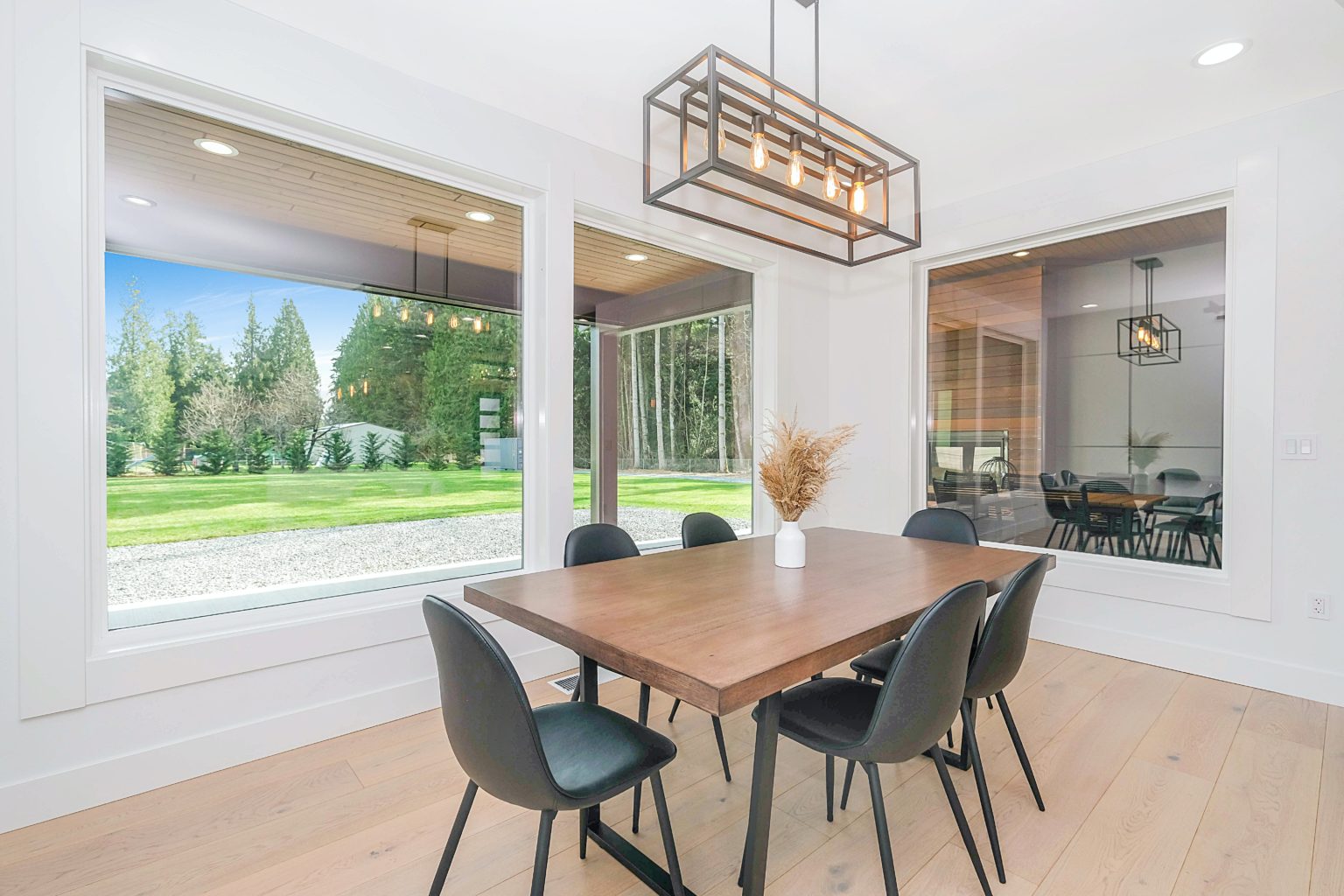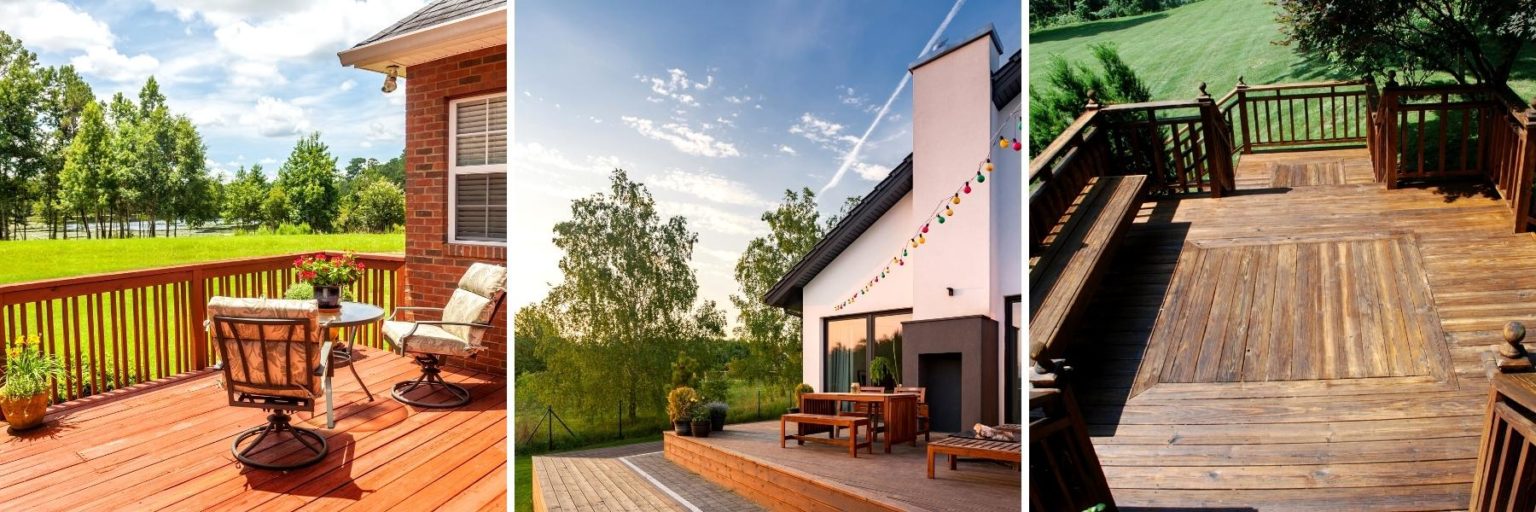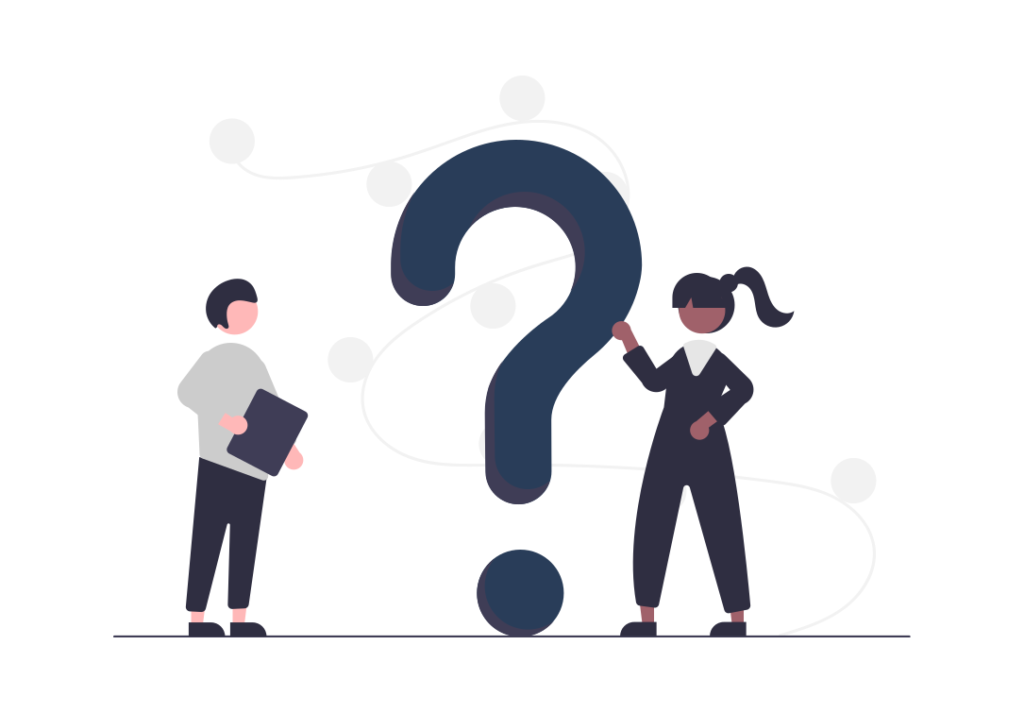The Ins and Outs of Being a First-Time Home Buyer

So, you’re ready to take the plunge and buy your first home. Congratulations! This is an exciting time, but it can also be a bit overwhelming. There’s a lot to think about, from figuring out what you can afford and understanding the different government programs, to getting pre-approved and finding the best mortgage rate.
But don’t worry—we’re here to help. In our guide for first-time home buyers, we’ll walk you through everything you need to know, step by step. So whether you’re just starting to think about buying a home or you’re ready to start house hunting, we’ve put all the information you need in one place.
The Cost of Owning a Home
One of the first things you need to consider when you’re buying a home is how much it’s going to cost. And we’re not just talking about the purchase price—there are a lot of additional costs that come with homeownership, from property taxes, to maintenance and repairs, to utilities.
Interest rates have a big impact on home prices and affordability, as we’ve seen in recent years. When rates go up, buyers are more sensitive to the changes and this has an amplified effect on home prices. A one-percentage-point rise in rates currently would boost monthly mortgage payments by $315 for a standard home in Canada (valued at $775,000), or roughly double what the increase would have been 10 years ago. Relative to household income, the impact is two-thirds larger now.
Still, even with rates at historic lows but climbing fast, buying a home is getting harder and harder in many markets across the country. In order to get an idea of what you can afford, and how much your monthly payments will be, you should talk to a mortgage broker or lender. They’ll be able to help you understand your options and find the best mortgage rate.
Should You Buy a Home?
There’s no right or wrong answer to this question—it all depends on your personal circumstances. Here are a few things to consider when making the decision:
Are you planning on staying in one place for a while? If you think you might move within the next five years or so, it might not make sense to buy a home.
Do you have a stable income and good credit? These are two important factors that will affect your ability to get a mortgage and afford the costs of homeownership.
Are you prepared for the additional costs of owning a home? In addition to your mortgage payments, you’ll need to budget for things like property taxes, maintenance, and repairs.
Do you have a down payment saved up? You’ll typically need to put down at least five percent of the purchase price in order to get a mortgage.
If you’re sitting on the fence and not sure whether buying a home is right for you, it’s best to give us a call. We will be able to help guide you through the decision-making process, along with the complexities of the real estate market.

Benefits of Owning a Home
There are, of course, some advantages to owning a home. For one thing, you’ll have the security of knowing that you won’t have to move if your landlord decides to sell the property or raise the rent.
Another big benefit of owning a home is the potential for tax breaks. The Canadian government offers a number of programs and incentives that can help first-time homebuyers save on their taxes, including the First-Time Home Buyers’ Tax Credit and the Home Buyers’ Plan (HBP).
But that’s just scratching the surface. In addition to the financial benefits, there’s also the emotional satisfaction that comes with owning your own home. For many people, it’s a huge milestone and a source of pride. And let’s not forget the intangible benefits, like being able to renovate and personalize your living space.
Drawbacks of Owning a Home
Of course, there are also some drawbacks to owning a home. For one thing, it’s a big financial commitment your mortgage may be higher than if you were renting. And if something goes wrong with your home, like the roof needs to be replaced or the furnace breaks down, you’ll be responsible for the repairs. It’s a good idea to set aside some money monthly and let it accumulate just in case.
So, is buying a home right for you? There’s no easy answer to this question—it depends on your individual circumstances. If you’re not sure it might be a good idea to speak with a financial advisor. They can help you weigh the pros and cons of homeownership, and figure out if it’s the right decision.
Have Questions?
The home selling process can be confusing and stressful, but we’re here to help!
5. The Real Costs of Homeownership
In order to get a realistic sense of what you can expect to pay, it’s important to factor in all the different costs of owning a home. Here’s a quick overview of some of the most common expenses:
Property Taxes
Each municipality determines its own annual tax rate, which is typically between 0.5% and 2.5%. The amount of property tax you pay is based on the assessed value of your property, and not on factors like your average income for first time home buyers or how much you paid for your property.
Utilities
Another ongoing cost of owning a home is utilities. This includes things like insurance, electricity, gas, water, and sewer. The amount you pay each month will depend on the size of your home and the number of people living there.
Maintenance and Repairs
A common disadvantage of buying a fixer-upper is that you’ll need to budget for maintenance and repairs. This can include things like painting, roof repairs, and furnace maintenance. The amount you spend will depend on the age and condition of your home.
Mortgage Interest
If you have a mortgage, you’ll also have to pay interest on your loan. The amount you pay will depend on the interest rate and the term of your mortgage.
For example, if you have a $250,000 mortgage with an interest rate of three percent and a term of 25 years, you’ll pay $625 in interest each month.
As you can see, there are a number of costs to consider when you’re buying a home. It’s important to be aware of all the costs before you make a decision.
Government Programs and Tax Rebates for First-Time Home Buyers
Now that we’ve looked at the real costs of homeownership, let’s take a look at some of the available first-time home buyer programs in Canada.
The First-Time Home Buyers’ Incentive
The First-Time Home Buyer Incentive is a Canadian government program that helps eligible first-time homebuyers finance their down payment. The program offers interest-free first time home buyer loans of 5% or 10% of the home’s purchase price. The loan must be repaid after 25 years, or when the home is sold—at the fair market value at the time of sale.
The Home Buyers’ Plan
Under the Home Buyers’ Plan, a first time home buyer grants a withdrawal of up to $35,000 from your RRSPs ($70,000 for a couple) to use as a down payment on your home. The money can be withdrawn and used without penalty or taxation, as long as it is repaid to your RRSP within 15 years. The Home Buyer’s Plan is a great way to get into the housing market, and it can help you save on taxes and interest payments in the long run. If you are thinking of buying a home, be sure to check out the Home Buyer’s Plan and see if it could work for you.
The Home Buyer’s Tax Credit (HBTC)
The Home Buyers’ Tax Credit is a great way for Canadians to save money when buying a new home. For those who have not owned a home in four years or more, the credit allows them to claim up to $5,000 on their taxes, for a rebate of $750. In its 2022 budget, the federal government proposed to double the amount of the credit to $10,000, for homes purchased on or after Jan. 1, 2022. This would result in a rebate of up to $1,500 for home buyers. With the increased tax credit, more Canadians will be able to afford a new home and enjoy the many benefits that come with owning one. Some of these benefits include building equity, having a place to call your own, and creating stability for your family. So if you’re thinking about buying a new home, be sure to take advantage of the Home Buyers’ Tax Credit. It could save you thousands of dollars!
The First Home Savings Account
The First Home Buyers’ Savings Account (FHSA) is intended to help first-time homebuyers save for a down payment. Account deposits and withdrawals are tax-free, and like a tax-free savings account (TFSA) or a registered retirement savings plan (RRSP), any income earned from interest, dividends, or capital gains is tax-free. Individuals can contribute a maximum of $8,000 per year to their FHSA, up to a lifetime maximum of $40,000, but unused contribution rooms cannot be carried forward. Homebuyers aren’t allowed to use both the FHSA and the Home Buyers’ Plan.
Land Transfer Tax Rebate
When you purchase a property, you are responsible for paying land transfer tax. This tax is based on the value of the property, and it can be a sizeable expense, especially if you’re buying in a big city like Toronto. Fortunately, some jurisdictions offer a land transfer tax rebate to eligible buyers. The rebate amount varies per jurisdiction, but it can represent substantial savings on your purchase. To be eligible, you usually need to meet certain criteria, such as being a first-time homebuyer. If you think you might be eligible for a land transfer tax rebate, be sure to check the requirements for your province or municipality. It could save you thousands of dollars on your property purchase.

The Bottom Line
There are many government programs and incentives available to help first-time homebuyers in Canada. These programs can help offset the costs of buying a home, giving you more money to put towards your down payment and other expenses.
Schedule a free consultation with a Mortgage Broker to learn more about the home buying process and what options are available to you. And for more tips and advice on buying your first home, check out our blog for insightful articles on buying and selling real estate.

Looking for More Resources?
For more advanced tips, check out our last blog post on how to prepare for a home inspection.
